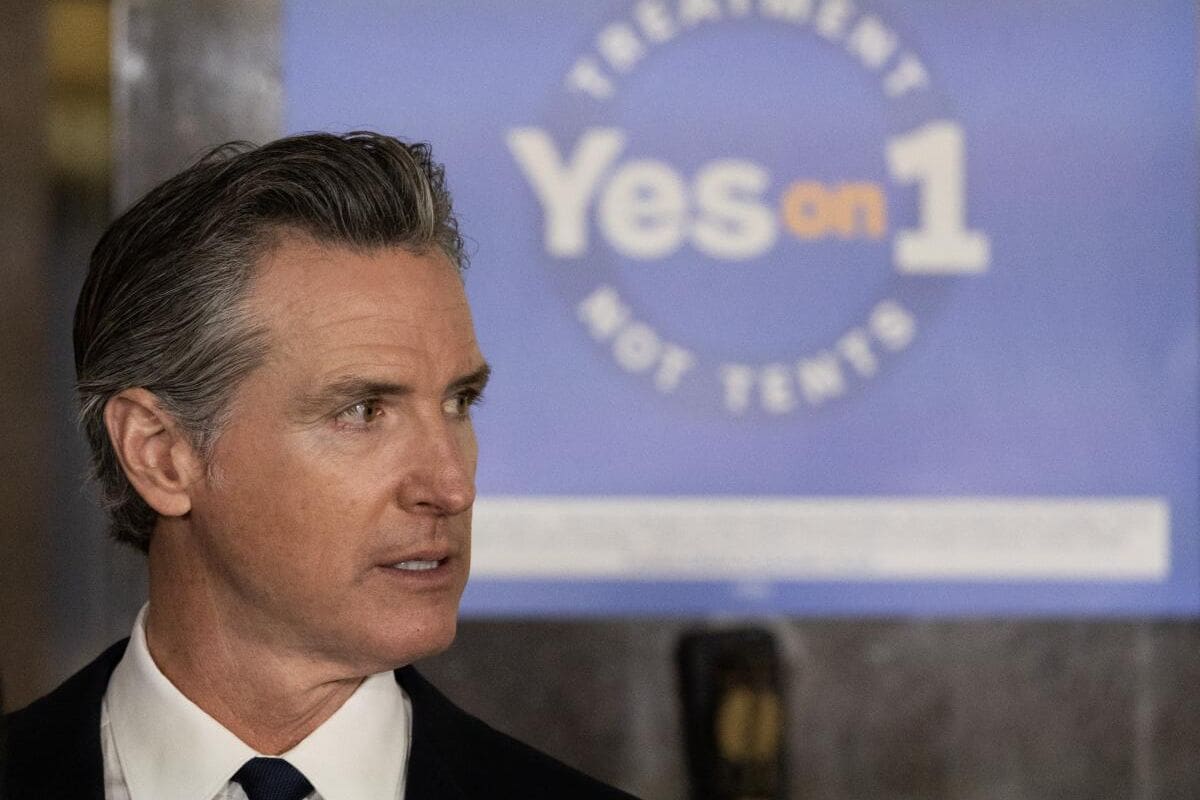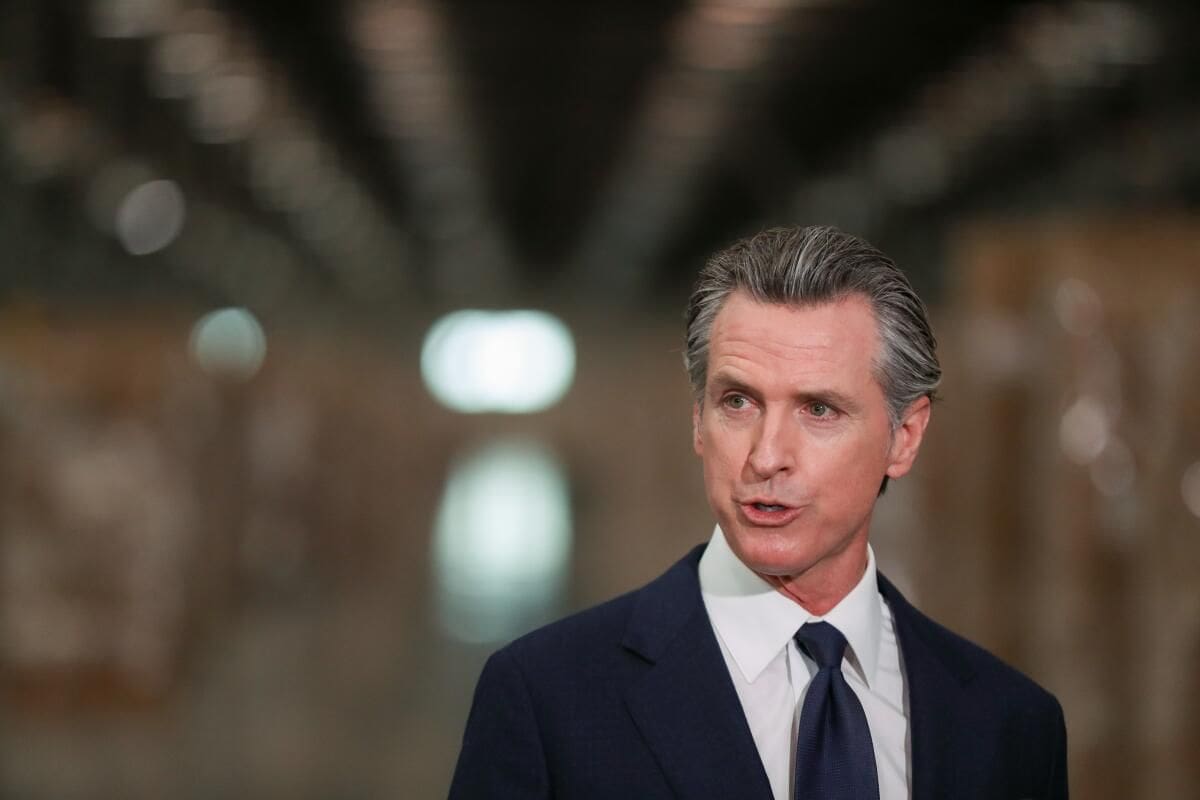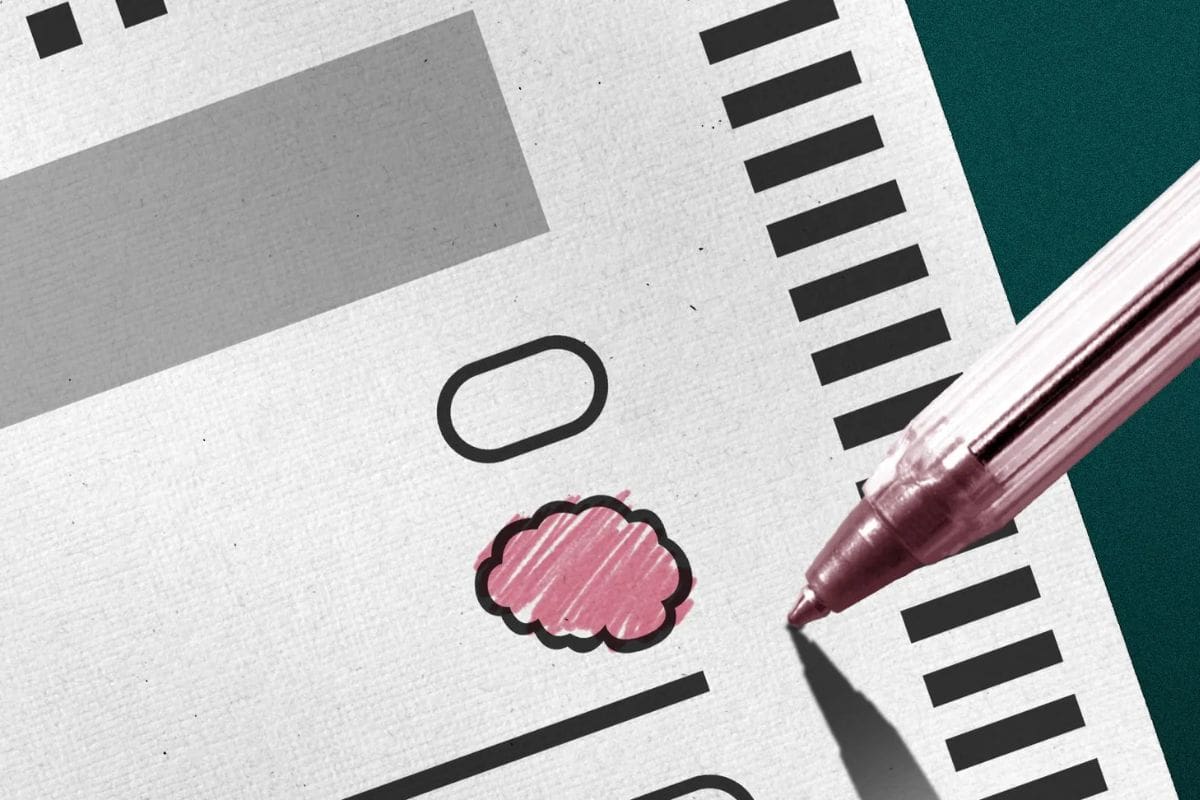California Bold Mental Health Revolution: California’s proposed mental health overhaul under Proposition 1 is poised to reshape the landscape of mental healthcare delivery in the state. With intricate mechanics involving borrowing, tax allocation, and redistribution, the initiative has garnered attention not only from policymakers but also from Sacramento’s Mayor, who sees it as a potential blueprint for nationwide change.
However, as Governor Newsom stakes his reputation on this last-ditch effort, challenges and controversies loom large. Will this bold move be the game-changer California’s mental health system desperately needs, or will it stumble in the face of opposition and concerns?
California’s Mental Health Overhaul Proposal: The Overview
In light of California’s pressing mental health challenges, an in-depth analysis of the proposed overhaul reveals a transformative vision for addressing the state’s mental health crisis. Governor Gavin Newsom’s response through Prop 1 presents a comprehensive strategy that aims to tackle mental health issues and homelessness concurrently, recognizing the intricate link between the two. The proposal outlines a significant investment in expanding mental health services, providing support for those experiencing mental health disorders while also addressing the root causes of homelessness.
By integrating mental health services into the broader approach to homelessness, California’s overhaul proposal demonstrates a holistic understanding of the interconnected nature of these issues. This strategic alignment not only seeks to improve mental health outcomes for individuals but also aims to reduce homelessness rates by addressing mental health challenges effectively.
Furthermore, the proposal emphasizes the importance of community-based solutions, fostering collaboration between local organizations, healthcare providers, and government agencies. This multi-faceted approach indicates a shift towards a more sustainable and effective mental health system that prioritizes prevention, early intervention, and long-term support for individuals in need.

Proposition 1 Mechanics: Borrowing, Tax Allocation, and Redistribution
With a focus on the financial and structural intricacies of Proposition 1, the proposed overhaul a $6.4 billion borrowing plan, modifications to the ‘millionaire tax,’ and revised county fund allocations for behavioral health services. The borrowing plan aims to inject significant funds into mental health programs, allowing for expansion and enhancement of services. This strategy involves leveraging bonds to secure the necessary capital promptly. In terms of tax allocation, adjustments to the ‘millionaire tax’ seek to ensure that high-income earners contribute proportionately to mental health initiatives. Additionally, the redistribution of county funds for behavioral health services intends to address disparities in resource allocation and ensure equitable access to care across regions.
| Financial Aspect | Structural Aspect | Impact |
|---|---|---|
| $6.4 billion borrowing | Modifications to tax | Enhanced services |
| plan | allocation | for mental health |
| programs |
Sacramento Mayor’s Perspective: Prop 1 as a Model for Change
Sacramento Mayor Darrell Steinberg’s perspective on Proposition 1 presents a visionary approach to combating chronic homelessness by addressing severe behavioral health needs and reallocating resources to tackle the underlying causes of the issue. Mayor Steinberg emphasizes the importance of prioritizing mental health services for individuals experiencing homelessness, recognizing that untreated mental health conditions often contribute to prolonged homelessness. By redirecting funds towards programs that provide comprehensive mental health support, the Mayor believes that Prop 1 can serve as a model for effecting lasting change in the homeless population.
Steinberg’s view aligns with the growing consensus among experts that addressing mental health issues is essential in reducing homelessness rates. His advocacy for a holistic approach that combines housing solutions with targeted behavioral health interventions reflects a nuanced understanding of the complex challenges faced by individuals experiencing homelessness. Through Prop 1, Mayor Steinberg envisions a future where homelessness is not just managed but actively prevented through proactive investment in mental health services and support systems.
Newsom’s Stakes: Prop 1 as a Last Chance Solution
Governor Newsom’s endorsement of Proposition 1 emerges as a pivotal opportunity to address California’s homelessness crisis with a sense of urgency and determination. The proposal holds significant weight as one of Newsom’s final chances to steer the state’s response to the escalating crisis before the conclusion of his term. Prop 1 aims to tackle the issue of homelessness through strategic investments and comprehensive solutions. By championing this initiative, Newsom signals a commitment to effecting tangible change and improving the lives of the state’s most vulnerable populations.
| Key Points | Implications | Strategy |
|---|---|---|
| Substantial Investments | Address root causes of homelessness | Fund evidence-based programs |
| Urgency in Response | Acknowledge severity of the crisis | Implement rapid, targeted interventions |
| Governor’s Leadership | Set an example for other states | Collaborate with stakeholders for broader impact |
Newsom’s support for Prop 1 not only underscores the gravity of the situation but also highlights his determination to leave a lasting impact on California’s mental health landscape.

Also Read: Unlocking Arts Education The Game-Changing Role of Teacher Residencies in California
Challenges and Controversies: Opposition and Concerns
Amidst the fervent discourse surrounding Proposition 1, various challenges and controversies have emerged, encompassing bipartisan support, a significant funding shift, and apprehensions voiced by mental health advocates regarding the issue of forced treatment.
The bipartisan nature of support for Prop 1 has stirred both encouragement and skepticism, with some viewing it as a unifying force while others question the underlying motives. Additionally, the proposed funding shift, redirecting resources towards mental health services, has sparked debates on potential consequences for other essential programs. Mental health advocates have expressed reservations about the inclusion of forced treatment measures, highlighting concerns about individual rights and the effectiveness of such interventions.
Opponents of Prop 1 have raised constitutional questions, particularly regarding the legality and ethical implications of enforced treatment. The clash between the necessity of addressing mental health crises and the potential infringement on civil liberties has created a complex landscape of opposition and concerns. As California navigates through these challenges, the future of its mental health revamp remains uncertain, balancing the need for reform with the preservation of fundamental rights.
News In Brief
California’s Mental Health Revolution: Prop 1 Aims to Transform Care and Combat Homelessness Crisis. Governor Newsom’s bold $6.4 billion proposal navigates borrowing, tax shifts, and county fund reallocations for comprehensive mental health reform. Sacramento Mayor envisions Prop 1 as a nationwide model, emphasizing severe behavioral health needs. Newsom stakes his reputation on this last chance to address the state’s escalating homelessness crisis. However, challenges arise, including bipartisan debates, funding shifts, and concerns over forced treatment. The proposal seeks to align mental health and homelessness solutions, fostering a holistic approach supported by substantial investments and urgent, evidence-based interventions. The future balance between reform and individual rights remains uncertain.

